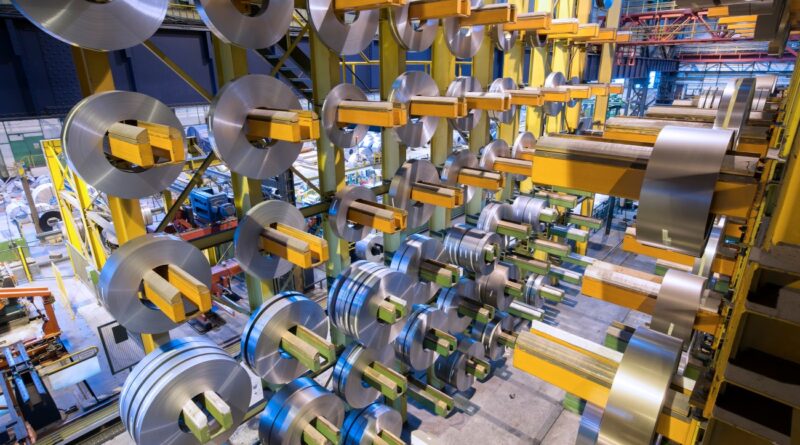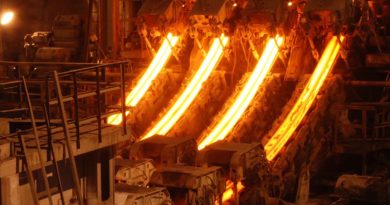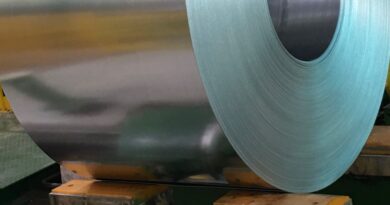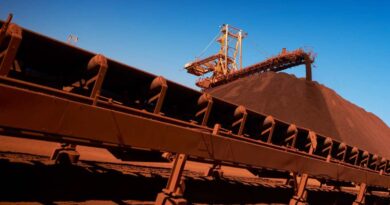EU plans to impose carbon emission costs on imports of steel
According to documents obtained by French online media Contexte, the European Union plans to impose carbon emission costs on imports of goods, including steel. The leaked documents show that proposal will be regulation, setting up a carbon border adjustment mechanism authority with the measure being phased in from 2023 and a full implementation from 2026. It would apply to steel, iron, cement, fertilisers, aluminium and electricity, according to the documents, which spell out the calculations for embedded emissions in products. It will cover both direct emissions, those involved in the production which the producer has direct control over, including emissions from the production of heating and cooling consumed during the production process and indirection emissions, electricity consumed during the production process of goods.
Importers will need to provide data for imported goods, including a unique identifier assigned by the CBAM authority, the type and quantity, country of origin and what calculation has been used. Importers would be required to buy digital certificates, with each one representing a tonne of carbon dioxide emissions embedded in their imported goods. The price of the certificates will be linked to the cost of permits in the EU carbon market and based on the average price of auctions of EU carbon permits each week.
According to the document, it will not apply to countries within the customs union Iceland, Liechtenstein, Norway and Switzerland. Nor will it apply to EU territories. If countries have similar carbon pricing to Europe, it would also not apply. But countries with high climate ambition, like the US and the UK, are not automatically exempt.
The European Commission is due to propose its carbon border adjustment mechanism on July 14, a move designed to put EU firms on an equal footing with competitors in countries with weaker carbon policies than those of the bloc.




